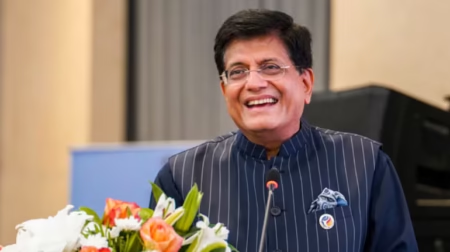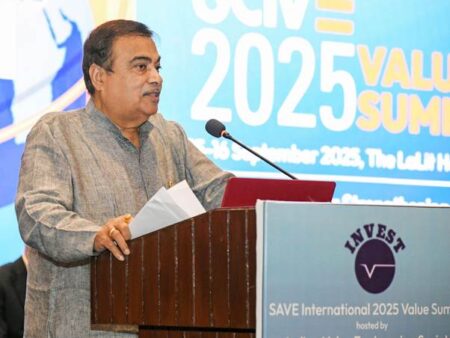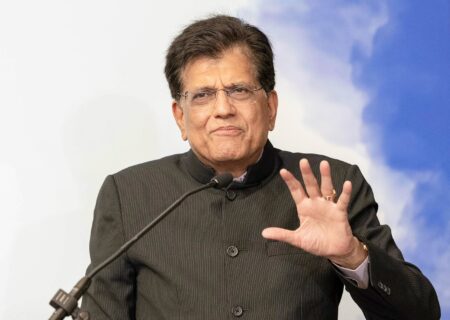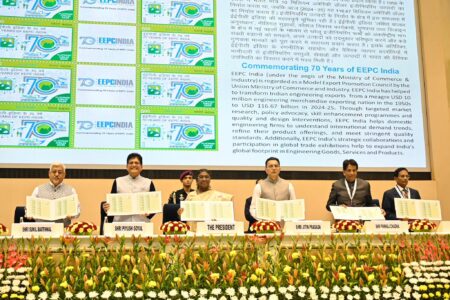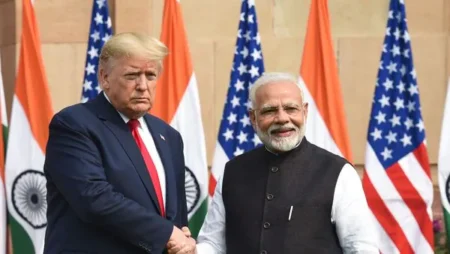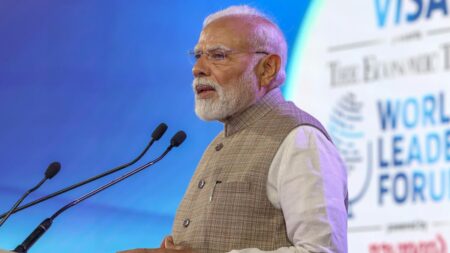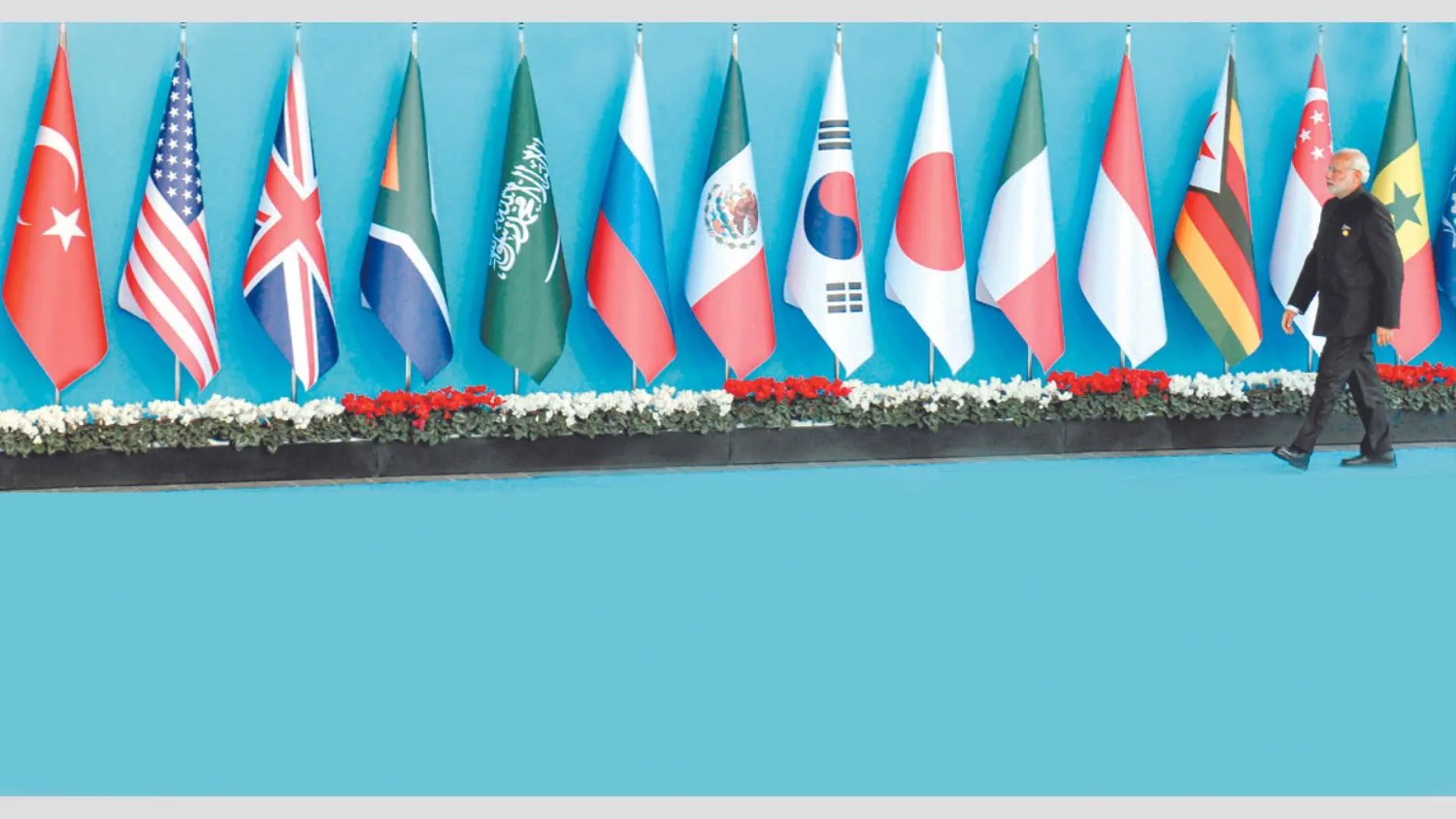
The 18th G20 Summit is set to take place in New Delhi on September 9 and 10, 2023, at the Bharat Mandapam International Exhibition-Convention Centre (IECC), Pragati Maidan. Among the key focal points of this international gathering is the G20 Logistics Working Group (LWG), a pivotal entity tasked with driving discussions and proposals aimed at enhancing the efficiency and sustainability of global logistics.
This summit will culminate in the adoption of a G20 Leaders’ Declaration, symbolising leaders’ unwavering commitment to the priorities established during ministerial and working group meetings held throughout the year. Operating within the overarching G20 Trade and Investment Framework, the Logistics Working Group carries the weighty responsibility of shaping innovative solutions to revolutionise the global logistics landscape.
India, as the G20 Presidency, has extended its invitation to G20 member countries including Argentina, Australia, Brazil, Canada, China, France, Germany, Indonesia, Italy, Japan, Mexico, the Republic of Korea, Russia, Saudi Arabia, South Africa, Turkiye, the United Kingdom, the United States of America, and the European Union. Other invitees include Bangladesh, Egypt, Mauritius, the Netherlands, Nigeria, Oman, Singapore, Spain, and the UAE. Several international organisations (IOs) and chairs of regional organisations will also be present at the meeting. Alongside regular attendees such as the United Nations, International Monetary Fund, World Bank, World Health Organisation, World Trade Organisation, International Labour Organisation, Financial Stability Board, and Organisation for Economic Co-operation and Development, India welcomes the International Solar Alliance (ISA), Coalition for Disaster Resilient Infrastructure (CDRI), and Asian Development Bank (ADB) as guest IOs.
Logistics: A key focus area for G20
Throughout 2023, the G20 Logistics Working Group has convened in various Indian cities, fostering collaboration and dialogue as India assumes the G20 chairmanship. India has identified five priority issues, with logistics being a significant focus. To enhance cross-border trade efficiency, India proposes establishing a common digital platform and legal aid system for developing countries in WTO dispute settlement. Additionally, an online digital portal for market research by MSMEs and common principles for decentralised trading are suggested. India aims to promote inclusive trade action plans, ensuring the participation of all countries and food security through favourable farm goods prices.
Furthermore, India underscores the importance of fair access to logistics for developing nations in international trade. These countries often struggle to access shipping lines and containers, a situation exacerbated by the COVID-19 pandemic and the Ukraine conflict, resulting in higher freight costs and container shortages.
The G20 will deliberate measures to enhance logistics accessibility for developing nations, including the development of new shipping lines and container facilities or financial support for container procurement. Addressing the high logistics costs, especially challenging for developing countries, is another key topic.
These proposals are vital to tackling the challenges confronting the global logistics industry. Collaborative efforts within the G20 have the potential to significantly enhance global trade efficiency and resilience.
The G20’s discussions on logistics represent a positive stride towards increasing developing countries’ participation in global trade. By addressing the hurdles faced by these nations in accessing logistics, the G20 can help level the playing field for all countries, fostering more equitable global trade practices.
G20 Jaipur
The G20’s Trade and Investment Working Group (TIWG) convened in Jaipur, India, from August 21 to 22, 2023, under the leadership of India, the current G20 chair. During this gathering, the TIWG deliberated on strategies for enhancing global logistics with a focus on trade promotion, economic growth, bolstering the resilience of Global Value Chains (GVCs) against shocks, integrating Micro, Small, and Medium-sized Enterprises (MSMEs) into the global trade framework, and optimising the efficiency of logistics operations.
Additionally, the discussions encompassed potential reforms within the World Trade Organisation (WTO) to enhance its effectiveness in addressing the challenges confronting the global logistics landscape.
The outcomes of the Jaipur discussions present a promising outlook for the future of global logistics. Collaborative efforts within the G20 framework have the potential to significantly improve the efficiency and robustness of global trade systems, ultimately benefiting businesses and consumers worldwide while fostering economic growth and prosperity.
Prime Minister Narendra Modi emphasised India’s contribution to ensuring an efficient and robust global supply chain, highlighting its impact on international trade and logistics






